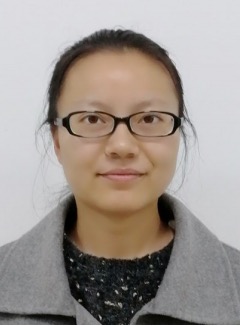EXTENDED ABSTRACT: Shape memory alloys (SMAs) with large latent heat absorbed/released during phase transformation at elevated temperatures benefit their potential application on thermal energy storage (TES) in high temperature environment like power plants, etc. The desired alloys could be designed quickly by searching the vast component space of doped NiTi-based SMAs via data-driven method, while be challenging with the noisy experimental data. We propose a noise-aware active learning strategy to accelerate the design of SMAs with large latent heat at elevated phase transformation temperatures based on noisy data. The optimal noise level is estimated by minimizing the model error with incorporation of a range of noise levels as noise hyper-parameters into the noise-aware Kriging model. The employment of this strategy leads to the discovery of the alloy with latent heat of -36.08 J/g, 9.2 % larger than the best value (-33.04 J/g) in the original training dataset within another 4 experiments. Additionally, the alloy represents high austenite finish temperature (481.71oC) and relatively small hysteresis. This promotes the latent heat TES application of SMAs in high temperature circumstance. This work emphasizes the importance of noise level estimation and consideration in the modeling and querying process. The noise level estimation approach in this work is particularly beneficial in material design scenarios where the target materials property is measured only once and no parallel results are available in the database.
Keywords: Active learning, noise level estimation, latent heat, thermal energy storage, phase change materials
REFERENCES:
[1]Y. Tian, B. Hu, P. Dang, J. Pang, Y. Zhou, D. Xue*, Adv. sci., 2024, 2406216. https://doi.org/10.1002/advs.202406216

Yuan Tian has completed her PhD from Xi’an Jiaotong University and does postdoctoral research in the Institute of Materials Genome Engineering at Shanghai University at present. Her research focuses on machine learning-assisted high-performance material design. She has published more than more than 10 papers related to materials informatics in journals such as Adv. Sci, Phys. Rev. Mater, etc. The ongoing research projects include the Young Scientists Fund of the National Natural Science Foundation of China, China Postdoctoral Science Foundation, and the Shanghai Super Postdoctoral Incentive Plan.